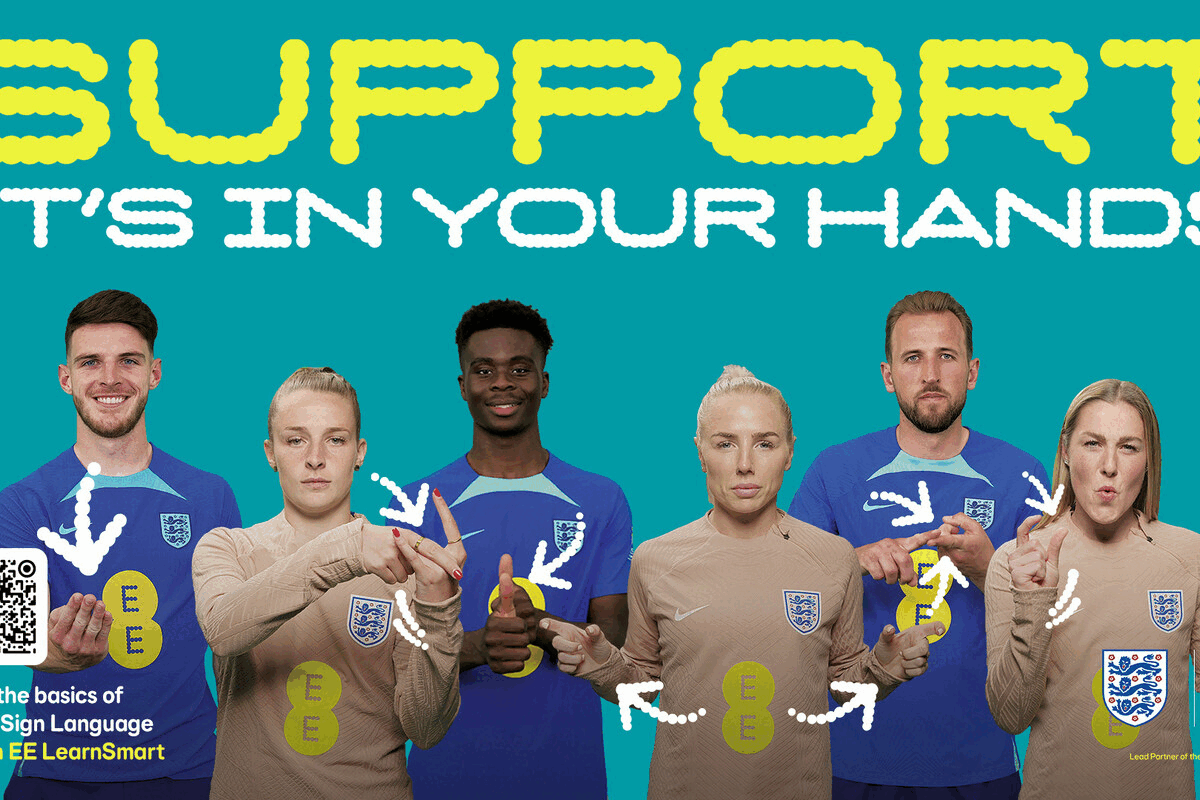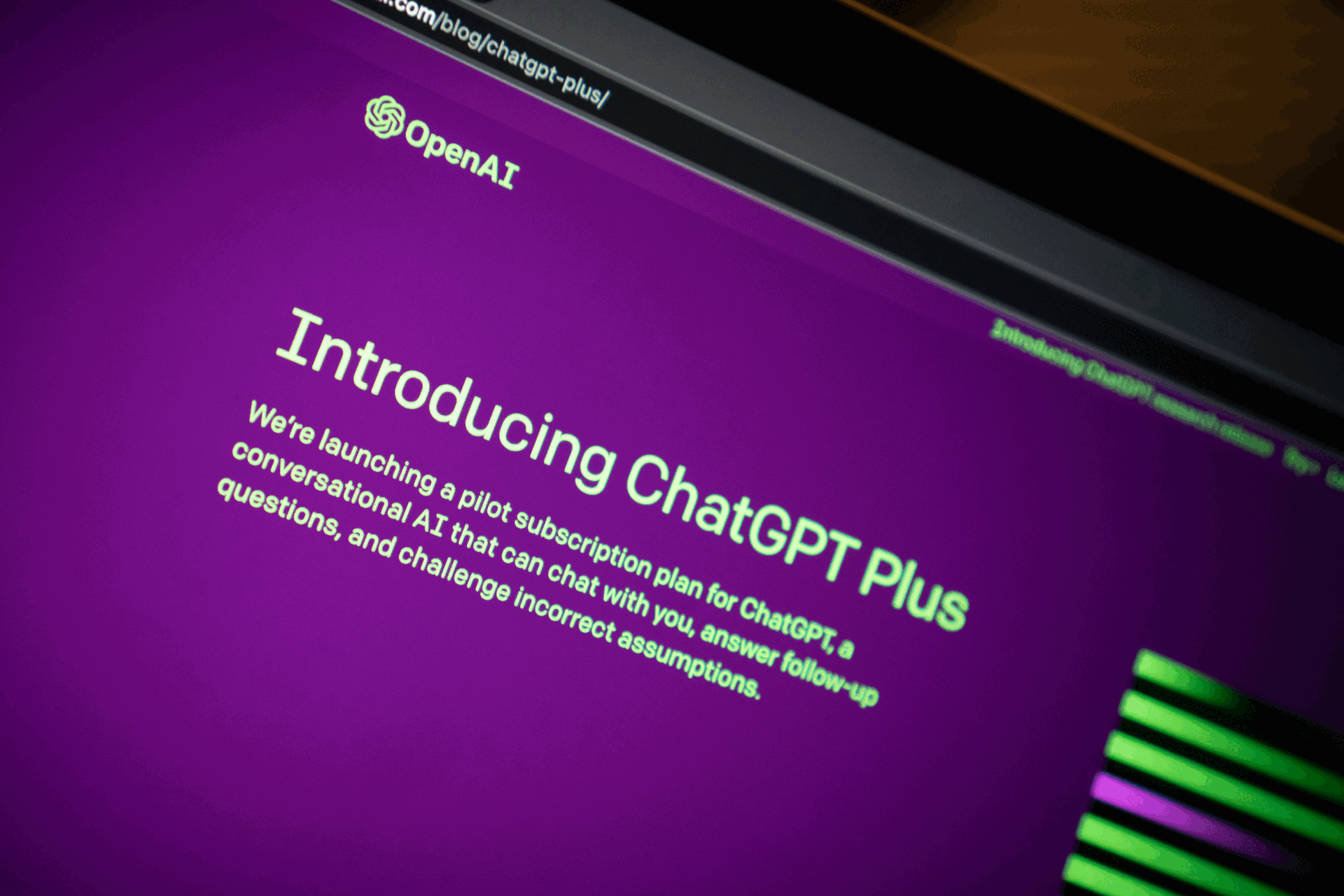Merger Will Face Hurdles, says Analysys Mason
- Tuesday, September 8th, 2009
- Share this article:
Orange and T-Mobile will need to overcome a number of regulatory hurdles before they can proceed with their proposed merger. Thats the view of the analyst, Analysys Mason, which says that even if competition authorities approve the deal, they may attach some stringent requirements, such as obliging the operators to help to provide rural broadband coverage.
Analysys Mason flags up a number of significant points concerning the deal, namely:
- Network sharing. T-Mobile has an established network-sharing arrangement with 3 UK, through its 50:50 joint venture Mobile Broadband Network Limited (MBNL). In future, in the interests of minimising costs in a mature market, European MNOs will be involved in an intricate web of network-sharing deals.
- Vendor consolidation. As Ericsson is the main supplier of network infrastructure to O2, Vodafone and MBNL, this merger makes it the substantial leader in the UK market.
- Operating synergies. Orange and T-Mobile claim that they will save £445 million annually in operating costs by 2014, having invested £600 – 800 million between 2010 and 2014 to achieve this. It is often difficult to find the operating savings when merging such well-established operating businesses. It is hard to combine back offices, and Orange and T-Mobile correctly acknowledge that it will take a few years.
- Spectrum. The licensing of 2 x 70MHz of spectrum in the 2.6GHz band is imminent in the UK. The reduction in the number of viable bidders from five to four means that the operators are more likely to gain more spectrum at a lower price. The merger of these two 1800MHz operators also has potential implications for 900MHz refarming, and there is also the question of whether the two might exceed their spectrum allocation, and how this might be treated by the regulator. Unfortunately, the merger process is likely to delay any agreement on refarming, rather than expedite it, although it will make an agreement simpler to negotiate.
- Virgin Mobile. T-Mobile hosts the Virgin Mobile MVNO, which accounts for 5 million of its 17 million subscribers. Any change in the ownership of T-Mobile could have implications for the relationship with Virgin, depending on Virgins attitude to its new host.
- Fixedmobile convergence. T-Mobile and 3 UK were the only two UK mobile network operators that did not provide fixed-line services. Even the major MVNOs are able to provide fixedmobile bundles and Virgin, in particular, has been aggressive in bundling mobile services with its cable offer. Although the business case for fixed-mobile convergence of voice is questionable, the boom in mobile broadband and the associated network loading makes it important for mobile network operators to offload traffic from mobile to fixed networks wherever possible. The ability to offer a full suite of fixed and mobile services is not essential, but it does reflect the fact that broadband provision will increasingly require both a fixed and a mobile element for most subscribers.
- Implications for the other UK operators. If the competition authorities permit the merger, it is unlikely that either Vodafone or O2 will be allowed to merge with another major player. However, that would not prevent either party from bidding for 3 UK. Further consolidation along those lines is probable as the UK mobile network operators battle for scale.
- Implications for other markets. The UK is one of the most competitive markets in Europe, so it is unsurprising that there has been consolidation. There has been consolidation in other highly competitive European markets in recent years, including the move from five network operators to four in Austria ,and from five to three in the Netherlands. In both cases, T-Mobile and Orange were involved in the consolidation process, so the experience is not a novelty for either group. According to the Herfindahl-Hirschman index of competition, few other markets are as competitive as that of the UK, so a rash of consolidation is not expected in other major markets.
















